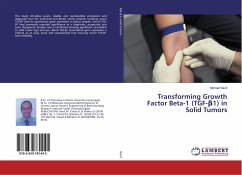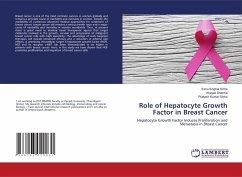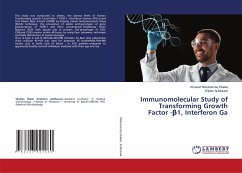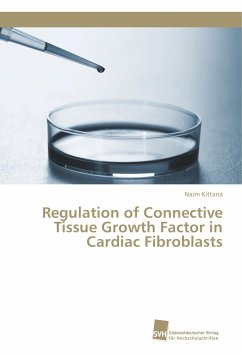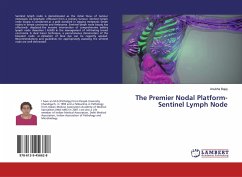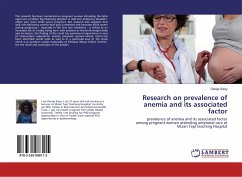
A Coacervate-Based Platform for Growth Factor Delivery
Versandkostenfrei!
Versandfertig in 6-10 Tagen
39,99 €
inkl. MwSt.

PAYBACK Punkte
20 °P sammeln!
Heparin, a highly sulfated macromolecule, is used as an anticoagulant clinically. In addition, it has high affinity to a large number of biomolecules, including many growth factors. The interaction between heparin and heparin-binding growth factors is known to adjust their conformation, protect them from proteolytic degradation and regulate their activities. Incorporation of heparin in growth factor delivery is consequently a strategy to potentiate the bioactivity of growth factors. Currently, most approaches used to immobilize heparin on the delivery vehicles rely on covalent modification of ...
Heparin, a highly sulfated macromolecule, is used as an anticoagulant clinically. In addition, it has high affinity to a large number of biomolecules, including many growth factors. The interaction between heparin and heparin-binding growth factors is known to adjust their conformation, protect them from proteolytic degradation and regulate their activities. Incorporation of heparin in growth factor delivery is consequently a strategy to potentiate the bioactivity of growth factors. Currently, most approaches used to immobilize heparin on the delivery vehicles rely on covalent modification of heparin that may alter its inherent properties. To maximize the efficacy of heparin, we develop a coacervate-based delivery platform in which heparin is utilized to complex with a polycation without any modification. This dissertation covers design, production, characterization and application of this platform in controlled release of heparin-binding growth factors.



